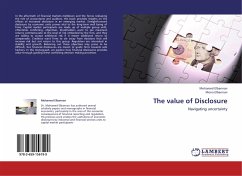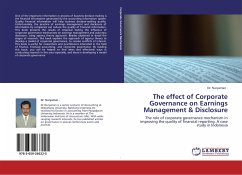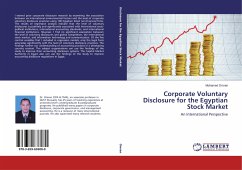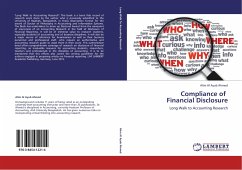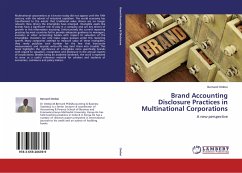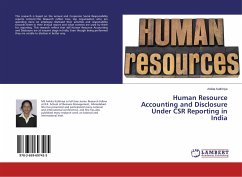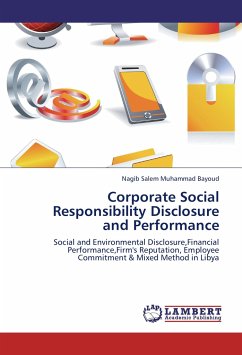In the aftermath of financial markets meltdown and the forces reshaping the role of accountants and auditors, this book provides insights on the effects of increased disclosure in an emerging market. Straightforward disclosure by economic units proves vital to the long-term well being of firms. Capital market participants are made up of multiple group with, oftentimes conflicting, objectives. Stockholders want to see maximum returns commensurate to the level of risk embodied by the firm, and they are willing to accept additional risk if it meant additional return to compensate. Creditors want firms to stir away from decisions that will increase risk but not return to this group. Regulators are interested in stability and growth. Balancing out these objectives may prove to be difficult, but financial disclosures are meant to guide firms towards safe harbors. In this monograph, we explore how financial disclosures provides value through guiding these conflicting decision making processes.
Bitte wählen Sie Ihr Anliegen aus.
Rechnungen
Retourenschein anfordern
Bestellstatus
Storno

